Release Rona Wilson!
Free the BK-16 Targets of the Brahmanical Hindutva Fascism’s Assault on Dissent and Democratisation!
“People like Rona represent the last frontier, the last line of defence that dissidents have.”
Rona Wilson is one of the activists behind bars due to the BK16 case, targeted for his activism and anti-fascist intervention. He grew up in Kollam in Kerala before moving to New Delhi in the early 1990s, wherein he spent his life till his arrest. Rona was arrested in a joint operation between the Pune and Delhi police from a rented one-room in South Delhi’s Munirka village. After acquiring a graduation in Zoology, Rona realised that his calling was elsewhere, thereby landing up in JNU to complete his master’s in philosophy at the Centre for Political Studies of the Jawaharlal Nehru University in Delhi, wherein he was a member of Democratic Students Union (DSU).
Academic Work and Activism
Rona made significant contributions in the academic field, writing on several topics addressing India’s political economy, the oppression and subjugation of Muslims as well as the use of anti-terror laws to target political prisoners. The significance of his work lies in the people-centric approach he took, centring the struggle of oppressed groups while advocating for their rights in his works.
One of his most seminal works is “Manufacturing Imperialism: The Political Economy of SEZ” in which he questions the basis of the idea of development through industrialisation, propped up by foreign direct investment. He provides a seething critique of the shift in policy since the invasion of imperial capital, through the diktats of the IMF and World Bank as welcomed into India through the Liberalisation-Privatisation-Globalisation (LPG) model. This model obfuscates the very question of development itself by posing itself in a way through which pertinent aspects of the anti-people ramifications of the model are ignored. The premise of the model is that displacement is inevitable in development, an argument used to justify the brutal displacement, destruction, destitution, death, and rape of the Adivasis, peasants and labour in its effort to build consensus for a degenerate model of “development”. This development is one premised on brutal state repression, land grabbing and environmental destruction in a bid to extract resources for the foreign powers while providing cheap labour in the form of the impoverished masses. His thesis is centred around a simple question- “is there a possibility of a development which is free of any form of displacement; any form of violence on the people?”

The basic argument behind Rona’s statement was that under India’s semi-colonial, semi-feudal conditions, independent capitalist development did not take place. Due to lack of capitalist development, the industries in India which came up were unable to absorb the emergent labour displaced from agriculture. The expansionist nature of capital meant that more advanced capitalist nations (like the US during the Green Revolution for example) exported their capital into oppressed countries like India through the big bourgeoisie-landlord-bureaucracy nexus which serves as agents for imperial capital, thereby ensuring that feudal relations of production continued to dominate the now “independent India”. The domination of feudal relations curbs independent capitalist development, which ensures that India remains reliant on the import of foreign technology and foreign direct investment. This means that Indian interests remain subservient to imperialism, which launches its assault through the Indian comprador bureaucratic bourgeoisie to unleash anti-people development models to extract surplus from India.
Rona does not stop at merely critiquing this model, but instead offers a solution to the same. He writes of an alternative to this parasitic system which is “a replication of the status-quo where the money lender-trader-landlord nexus holds the political power, while sharing the benefits of surplus generated in the economy with imperialism”. His proposed model of development is one which “would move towards a structural change in the economy with redistribution of land and a thoroughgoing shift in political power in favour of the toiling masses. This model envisages mass participation, with the needs of the masses forming the propellant factor giving a sense of direction to the industries resulting in the production of items that are useful for the everyday life of the people, for leading a dignified meaningful existence. This would necessitate the orientation or the choice of capital that is sensitive to the resource base of the economy and indigenous technology.”
Where imperialism penetrates, fascism rises to protect the interests of foreign finance capital. This is why imperialist loot in India is supported by the ruling class ideology of Brahmanical Hindutva Fascism in order to better enable resource loot. In writing about the nature of fascism in India, Rona simultaneously works for the rights of political prisoners as well as writes against the attack on oppressed groups. Through his careful study of the movement and the work he did as an activist, Rona provides a radical critique of the “Muslim other”. Through his Ph.D. proposal, he writes about the intensification in the violent measures against Muslims, who are posited as the enemies of the “nation” (Hindu Rashtra). He highlights how Islamophobia has been used as an ideology to consolidate the politics of Hindutva by the ruling class in India- highlighting the nature of the attack on Muslims through genocide, illegal detention, banning of Muslim organizations, ghettoization etc.
In this same thesis, accepted by many renowned foreign universities, Rona argues that the state apparatus makes Muslim men an “object of socio-cultural national gaze wherein the subject always expect a terrorist in his body”, supported by the legal fiction of a militant Muslim man, a “terrorist Muslim masculinity”. This construction of the Muslim other is disseminated through the media (a means of the ideological state apparatus) to alienate the Muslims as an “other” in the citizens, using this narrative to simultaneously portray Muslim women as “docile bodies” in need of protection (against the “terrorism of Islamic men”).
Even 5 years of wrongful incarceration is unable to quiet the revolutionary spirit with which Rona works,who launched a seething critique of the “New India” from his jail cell. The New India is one which the Prime Minister has labelled as “Amrit Kaal”. In the context of the release of Bilkis Bano’s rapists, with BJP legislator C.K. Raulji justifying the decision with the words “Brahmins, and Brahmins have good sanskar (culture). Their conduct in jail was good”, Rona questions the farce of democracy by saying that “New India” is a misnomer. He references the curiosity which was generated by the PM’s visit to the USA in which he labelled India as a democracy in addressing a joint session of the Congress. Rona questions this by arguing, “Not a misplaced curiosity, as the ‘new India’ being ushered in, post-2014, has been witnessing growing assaults on the basic freedom of people. Issues that should be of least significance in the everyday life of ordinary citizens – like what you eat, drink, wear; whom you talk to, move around with; where you go, offer your prayers, stay, buy your daily provisions from – have suddenly become of utmost significance.”

Questioning the nature of Indian democracy is not new to Rona, with his activism around political prisoners being centred around the undemocratic nature of the “anti-terror” law in India. Rona was a founding member of the Committee for the Release of Political Prisoners (CRPP) and serves as its Public Relations Secretary. The seeds of this organisation may be associated with SAR Geelani, who has known Rona from the days when both were students in the capital in the early 1990s. “Since then, … we worked for human rights together,” Geelani said in an interview. “When I was arrested in 2001, Rona was one of the persons I would always see in the courtroom. Whenever I entered the court and saw his smiling face, it soothed me,” Geelani said. This experience led to the formation of the CRPP in 2007.
CRPP is an organisation fighting for the democratic rights of the oppressed sections of society. CRPP’s objectives include implementing the UN Convention on Prisoners and to arrange for legal assistance to prisoners who are disadvantaged or discriminated against in receiving a fair trial. It argues that it seeks freedom for the “Muslims, Dalits, Adivasis, people from the oppressed nationalities of J&K, Manipur etc… and persons who get prosecuted by the state simply because of his or her political ideology”.
CRPP is unique in that it defines and gives the scope of a “political prisoner”. Its statement says, “the persons who have been arrested or detained, for partaking in struggles of political, social and economic significance, in favour of exploited classes and oppressed castes/communities, in whatever form, and were guided not by selfish-interest, but by definite political views or ideologies, irrespective of the charges that the state has put on them, should be considered political prisoners. However, members of the state sponsored armed groups would not be considered as political prisoners. Private armies of Bihar, Salwa Judum of Chhattisgarh, SULFA of Assam and a host of groups in J&K and other states or similar groups, operating under patronage of the state/ruling parties, be viewed as state sponsored armed groups. In addition, persons directly involved in genocide, rape and mass murder or so in connivance with the state should also not be considered as political prisoner.”
Through his work in CRPP, Rona Wilson was involved in organising protest programs against the constant targeting of Muslims under various draconian laws like UAPA. He was one of the most active people involved in the campaign for the release of SAR Geelani who was illegally arrested in the case of parliament attack along with Afjal Guru. Likewise, he campaigned for the people who had been illegally detained by the police just because of their political activism or ideology. He has campaigned for the release of Prof GN Saibaba, Hem and others who had been arrested for speaking against Operation Green Hunt carried out by the Indian state in Central India.

Rona made a powerful speech in which he historicised the criminal laws of India. In this speech, he argued that structures like the National Counter-Terrorism Center and the National Investigating Agency (NIA) should not be constituted as “repression is a necessary condition for the Indian state to perpetuate itself.” This warning has found justification in today’s time wherein we see the NIA being a lapdog of the state to silence all those who dare to speak out against its oppression and exploitation of the masses- the repression of Kaimur Mukti Morcha, raids on NewsClick etc are examples of the same. Through these enforcement agencies, certain draconian laws like the UAPA, AFSPA, TODA, POTA are implemented. These laws are then utilised to further the ruling class’s agendas. For example, laws like AFSPA have been utilised by the state to undermine the national liberation struggles in the Northeast regions (for example, Nagaland had declared itself an independent country even before 1947) in anticipation to curb movements and the people’s demands for autonomy and nationhood. This pattern is also seen in Kashmir. Through these anti-terror laws, militarisation is increased in the regions in the name of “internal security” which is then used as a smokescreen for the indiscriminate killings, rape, and displacement of Adivasis and Dalits by labelling them as “Naxals”.
He further elaborates on how these anti-terror laws give impunity to investigative agencies to not only investigate and arrest but also execute those who do not align with the interests of the state; the very definition of terrorism is kept as vague as possible in laws like UAPA to ensure an all-encompassing scope which the state determines at its convenience. Through the UAPA, Rona said, “sanction is given to the National Counter-Terrorism Centre as well as the Intelligence Bureau to arrest, not only to investigate but also to execute … anyone who they deem fit as committing offences that are not in the interest of the Indian state.” The recent decision of the honourable Supreme Court regarding the nature of UAPA cases, where the apex court declared that “in UAPA, the jail is the rule and bail is the exception.” The judgement gives more impunity to the government to impose UAPA on innocents and put people behind the bars under “the illegally justified jurisprudence”.
In these regions, there is a creation of a “security industry” through investment by the government into building structures like prisons, nodal sectors to create a “war-time economy” in regions like Kashmir, Nagaland, Manipur etc. The state creates an emergency-situation in the region through capital. This shows how money is being pumped to create a “buffer section” who benefit from the emergency as this war-like situation creates a space, through militarisation, into which private corporates can invest and thereby extract surplus. This leads to an informers’ economy through which the state is not only benefiting economically but is also able to surveil its citizens better in these “conflict zones”. Rona ends his speech by arguing that the role of CRPP is therefore important to ensure that democratic rights are ensured for those political prisoners who have already been declared guilty through media trials. He argues that it is necessary to counter the media propaganda and generate a public opinion against the repressive state apparatus.
Along with the famed author-activist Arundhati Roy, Rona was also a member of the Committee for the Defense and Release of GN Saibaba and has been working on the issue of political prisoners since the early 2000s. Professor GN Saibaba is a Delhi University professor who was arrested in May 2014 on charges of having links to Maoists. Saibaba is severely disabled and uses a wheelchair. In March 2017, he was sentenced to life, and is currently behind bars as well. Arundhati added that Rona’s incarceration is a huge setback for the political prisoners whose rights he was fighting for. “Coordinating even one person’s legal defence is a monumental task. Rona was constantly doing prison visits, dealing with prisoners’ anguished families and … lawyers who had offered their services for free. I remember him trying his best to handle all of it with his hesitant, somewhat apologetic smile,” she said.
The Dubious Agenda of the State to Prosecute Democratic Rights Activists
Before his unjust and illegal arrest, Rona’s work was simple, democratic and within all legal boundaries, exposing the fascistic nature of the state for targeting him for raising dissent. He worked towards arranging legal-aid for political prisoners and raising awareness of work by political prisoners, fact-checking of lies and propaganda as well as constructing a counter narrative to the dominant development ideology. Therefore, it can be unequivocally said that Rona Wilson is an activist who the state is deathly afraid of. Not only has Rona been instrumental in the creation of a united front against Brahmanical Hindutva Fascism, but he is also an activist committed to the struggle, to fighting for a society in which the exploited and oppressed can be free. In the words of his acquaintance from their college days, Professor Haragopal described Rona Wilson in glowing terms. He states that Rona is someone whose commitment towards his values is uncompromising, and that the activist’s moral compass is based on the “larger concerns of the poor people, concerns of the prisoners, concerns of the tribals” and that his interaction with Rona has focused on issues like “nature of the state, the regime, the future of India, the future of the struggles.”

Rona was arrested from his Delhi home on 6th June 2018, along with 4 other activists on the same day- Sudhir Dhawale, Surendra Gadling, Mahesh Raut and Shoma Sen. All five were accused of having links with the banned Communist Party of India (Maoist) and charged under various sections of the UAPA. However, the state had particularly targeted Rona Wilson who in some ways knew that he was always being watched. On his vigilance, Meena Kandasamy says that Rona was the type of person who would avoid conversations via phone or text and would meet people in more clandestine locations. This shows the extent to which the state has been stalking Rona, who was singled out in the Bhima Koregaon case. In fact, the Bhima Koregaon case is nothing but a pretext for the fascist Indian state to suppress dissent of those who represent the voices of the masses and challenge the hegemony of the exploitative Brahmanical Hindutva Fascist state. The BK-16 arrests were nothing but a pretext to arrest those people who through their actions present a revolutionary critique of the nature of the Indian state and present an alternative to the present social, political and economic order.
The National Investigation Agency (NIA) has accused Rona of trying to create disturbances in India since they have seized some documents from him which talk about how oppressed groups like Dalits and Muslims must join hands in the formation of an anti-fascist united front to strengthen the mass mobilisation of people. For this reason, the police singled out Rona for conspiring to assassinate prime Minister Narendra Modi, based on the claims of the police of having found a letter amongst Rona’s possessions- the Pune police claimed that this was discovered on Rona’s laptop and addressed to a “Comrade Prakash”. Rohan Nahar is Rona’s lawyer, and he said in an interview with a journalist, “They want to try and hook Rona Wilson and Shoma Sen. It contradicts the stand of state. In one breath, they say that it is a covertly operated movement; they do everything clandestinely and do not use their real names. It is funny and ironic that once you say that, you are trying to present evidence where names are being used and emails are being sent and received,” he said. Nahar added that “the entire stance of the prosecution is fraught with a lot of issues”, especially since the authenticity of this letter cannot be verified. Even more ironically, the Pune police had raided Rona’s house a few months before his arrest on 17 April 2018, and seized his laptop, phone and other written material and had possession of all his passwords. Along with the raid, the team of Pune police led by Deputy Commissioner of Police Pravin Munde and investigating officer, Shivaji Pawar searched the residence of Rona Wilson in Delhi by arbitrarily trying to frame him under the Sections 153 a, 117, 505 1 (b), 34 of the IPC.
On this alleged letter, filed as evidence for court by the police, congress leader Sanjay Nirupam told ANI news agency, “it has been Prime Minister Modi’s old tactic, since he was Chief Minister of Gujarat. Whenever his popularity declines, news of an assassination plot is planted. So, it should be probed how much truth is in it”. Years after his unjust arrest, Arsenal Consulting analysed the electronic copies of the computers of co-defendants Rona and Surendra at the request of the defense team. Arsenal Consulting (a Massachusetts-based digital forensics firm) had stated that an attacker used malware to infiltrate Wilson’s laptop and deposited at least ten incriminating letters on it. These included a purported letter to a Maoist militant discussing the need for guns and ammunition, and even urging the banned group to assassinate Prime Minister Narendra Modi.
A year later, a report was released by the Washington Post revealing that Rona was targeted by two separate groups of hackers before he was arrested. The report reveals that one of the groups that carried out the hacking, referred to as ModifiedElephant by SentinelOne, allegedly planted documents on Wilson’s device. ModifiedElephant, the main hacker, sent emails with documents or attachments – laden with commercially available malware like NetWire and DarkComet — that were tailored to the victim’s interests and were often copied to multiple recipients they knew, SentinelOne said. Wilson received at least 32 emails from ModifiedElephant, and Gadling was the recipient of 40 such mails from the group.
SentinelOne identified the other hacking group that targeted the activist as SideWinder. International cybersecurity experts have tracked SideWinder operations against targets in Pakistan and China. Rona Wilson had received dozens of e-mails – some from other activists and some disguised as news articles – that had malware meant to infiltrate his computer. Three independent experts in the United States and Europe reviewed the SentinelOne report at The Post’s request and concurred with its conclusions. Concerningly, the researchers said that the earliest attack on Wilson can be traced back to a decade ago, though the email attacks intensified in 2014 and continued until at least 2016.

Snorre Fagerland, a Norwegian cybersecurity researcher who co-wrote a 2013 report on Hangover, said the newest details about the campaign against Wilson contribute to a better understanding of the ties between attackers who may be operating in India and targeting foreign adversaries and domestic dissidents alike. “It’s safe to say that we have learned a lot over the last decade,” Fagerland said, “not only about the methods, but also about targeting and how the Indian advanced persistent threat ecosystem works.” Even before this report came to light, the previous year saw an investigation by a global consortium including The Post revealed that hundreds of phone numbers from India appeared on a global list that included some numbers selected for surveillance by NSO Group’s clients using its Pegasus tool, which is licensed only to government agencies. In a detailed report released on 17th December 2021, Arsenal Consulting, and Amnesty Tech Security Lab, have confirmed that the iPhone of one of the key accused, Mr. Rona Wilson, was attacked multiple times by the Pegasus spyware.
Rona fought staunchly against the state despite knowing that his arrest was inevitable, driven by the fire of passion for revolution, by the recognition of the injustices of Brahmanical Hindutva Fascism propped up by imperialism and its lapdogs within India. Haragopal said that Rona knew that he was being watched by the state. “But he was also very careful because he was interested in his career,” and wanted to study further, he said.
These reports expose the basic fault line in the case against Rona Wilson- there is neither any rational nor any legal basis to the same. This is a bogus case meant to create a chilling atmosphere, a tactic of psychological warfare against progressive and democratic minded people, people who advocate for the rights of the exploited and oppressed sections of society, to silence them. Rona himself sums up his experience, “To have spent more than five years in prison, for alleged offences under the most draconian acts of the Indian Penal Code, fully aware that the only ‘crime’ you and your co-defendants have committed is speaking truth to power, is an experience that is surreal. To live such a quotidian life in prison is a dystopia that stares at you. Yet you have little choice in prison but to engage with this audacity. It is through words that you confront this dystopia, name it”.
Release Rona Wilson Now!
CRPP, in its statement against the raid on the home of Rona Wilson has summed up the Bhima Koregaon conspiracy case aptly: “That these raids are happening at a time when voices of Dalit resistance are transforming into an avalanche of resistance against the anti-people policies of the state indicates the deliberate attempt by the powers that be to stifle all voices of protest. Moreover, it exposes the brazen vengeance of the state against Dalit upsurge organising against the unbridled loot and plunder of resources by imperialist capital aided by the forces of Hindutva Fascism. By targeting activists and peoples’ lawyers, the state is blatantly trying to snuff out even voices of defense from political prisoners. It must be understood that violence that ensued in Bhima Koregaon is being used as an alibi by the ruling classes to browbeat activists and lawyers who have been fighting for the people into silence. These pre-meditated raids reflect the desperation of the increasingly police state and its growing tendency within the executive to frame activists and lawyers under false charges and keep them in confinement under prolonged incarceration.”
At the time of his arrest, Rona was waiting to go abroad in order to finish studies. This opportunity was taken from him, his potential and individual stifled to serve the insidious agenda of the state. Haragopal believed Rona to be a promising scholar. “I thought he would shape himself into one of the leading intellectuals of this country,” he said. Rona would not compromise on his values, Haragopal said. On finding himself in jail, Rona writes to his family, “The life in jail, in confinement, gives you ample opportunity to see things in a different light. And as a human rights activist, defender, it gives me tremendous opportunity to look at what I had written and stood for in the last 15 years or more from the other side of the bar.”
Rona Wilson is an ordinary man, fighting an extraordinary fight against a corrupt and degenerate system of imperialistic loot and Brahminical Hindutva Fascism. Rona is a scholar, an activist, a person driven by the need for revolution. He is a Marxist but not a criminal, he is a dissenter but not a terrorist. The state has painted him so, like they have painted those who fight against injustice, for hope, as terrorists, as anti-nationals. The question remains- whose nation? In a country which is itself a prison house of nationalities, are we to accept the state’s agenda of establishing a Hindu Rashtra? Are we to accept a “nation” built on the blood of Muslims, of Adivasis, of oppressed castes, of women and other oppressed groups? Are we to accept a nation which throws its most patriotic, country-loving people into jail for having a voice, albeit one which speaks to the people, of their demands, instead of the chauvinistic and reactionary agenda of the state? No, we cannot accept this as a country. We cannot accept anything but the unconditional release of Comrade Rona, of the release of all political prisoners who fight selflessly for us.
By Val, student of law at O.P. Jindal Global University.
REFERENCES
https://thewire.in/rights/five-years-of-incarceration-and-the-audacity-of-hope
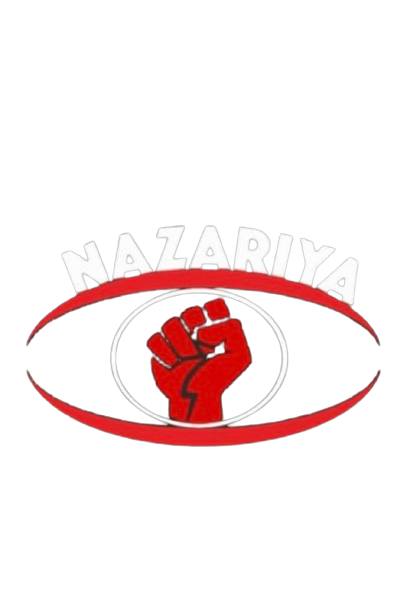


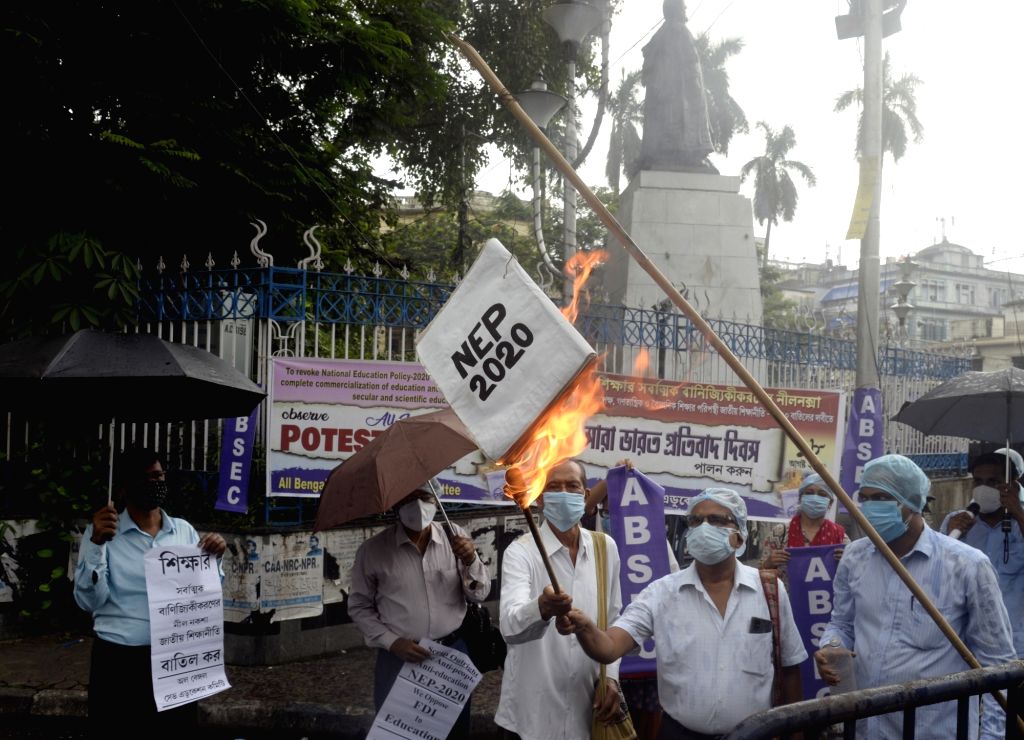
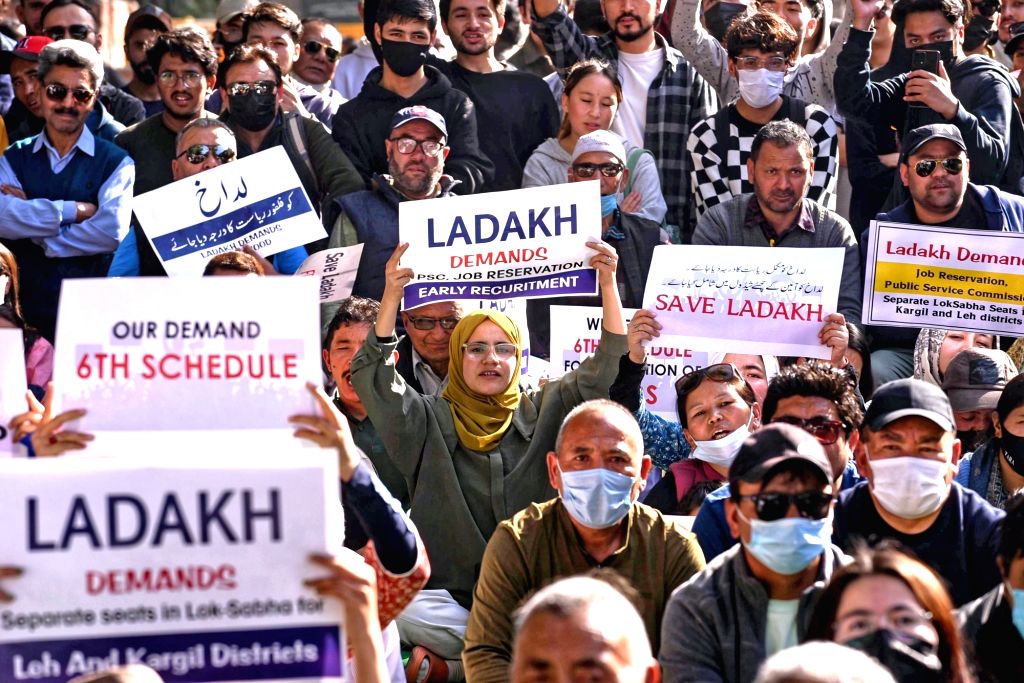
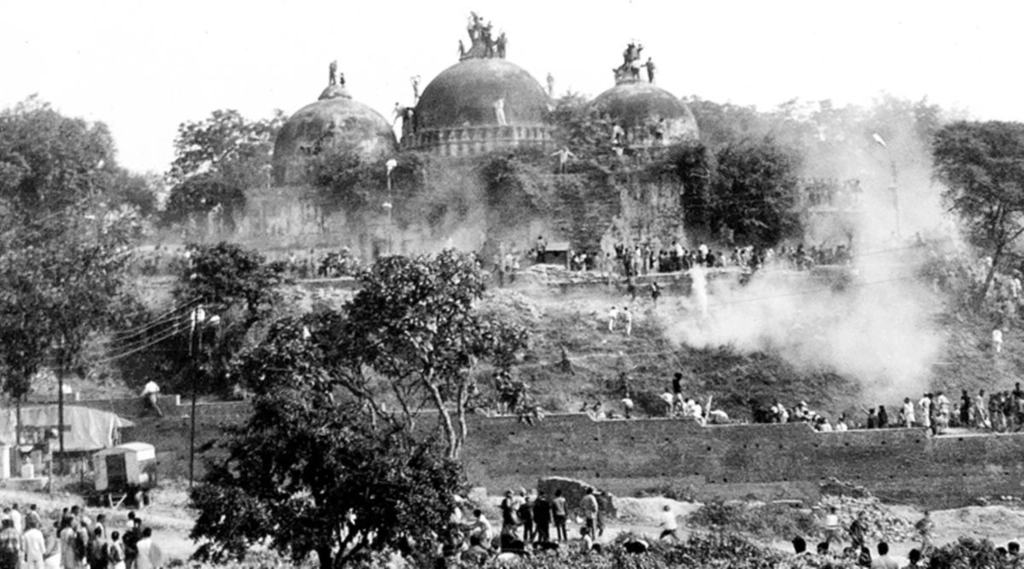
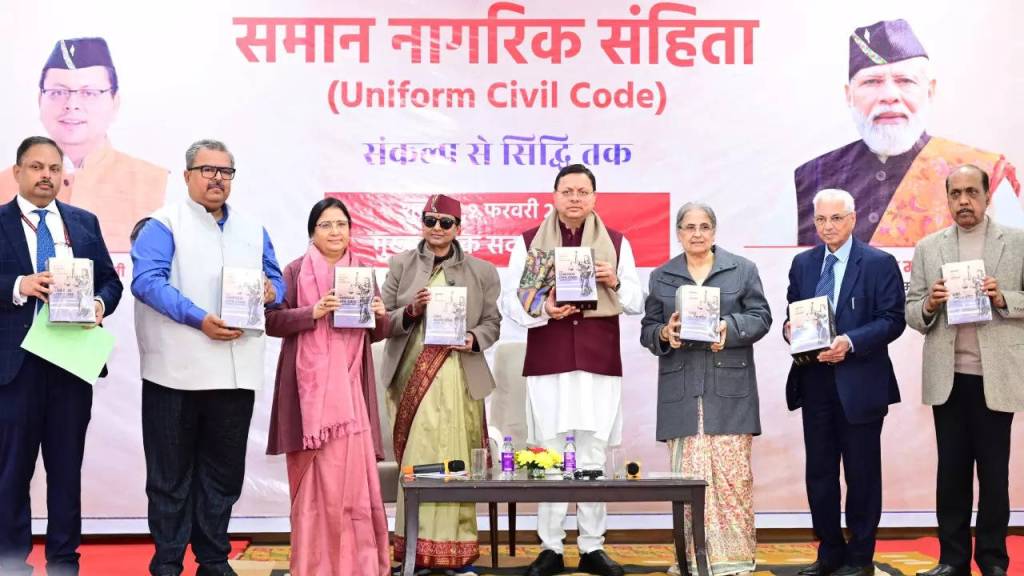
Leave a comment